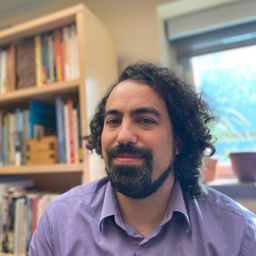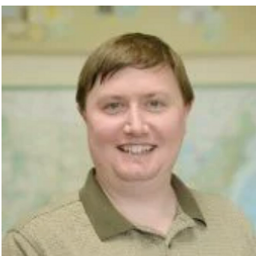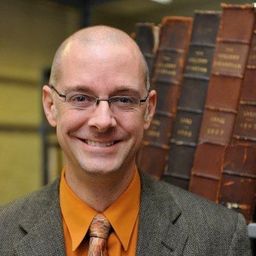
Francisco Rivera
Francisco Rivera is a historical archaeologist and received his Ph.D. in Anthropology at the University of Montreal (Canada). His research interests are the anthropology of mining, industrial heritage, the archaeology of the contemporary past, and the historical archaeology of capitalism both in the Atacama Desert (Chile) and Quebec's Lower North Shore (Canada). His long-term research combines archaeological, ethnographic, and historical approaches to study extractive capitalist activities that took place in areas peripheral to the world’s major industrial centers. He is the director of the Alto Cielo Archaeological Project, which explores the cultural history of Ollagüe, an indigenous community in northern Chile. He recently co-edited the book ‘El perfume del diablo: azufre, memoria y materialidades en el Alto Cielo (Ollagüe, s. XX)’ (RIL Editores, Santiago, 2020).
Sessions auxquelles Francisco Rivera participe
Mardi 30 Août, 2022
Sessions auxquelles Francisco Rivera assiste
Dimanche 28 Août, 2022
Joignez-vous aux organisateurs du congrès et aux membres du board de TICCIH pour un cocktail de bienvenue et quelques mots festifs de présentation, dans l’ancienne forge de l’École technique de Montréal, fondée en 1909, aujourd’hui intégrée au campus de l’Université du Québec à Montréal.
Lundi 29 Août, 2022
Si la vallée du canal de Lachine a été le berceau de l’industrialisation canadienne, la géographie industrielle métropolitaine ne s’y est pas confinée, peu s’en faut, Outre les grandes concentrations d’entreprises des quartiers centraux, elle est constituée des réseaux infrastructuraux, d’une douzaine de centrales hydroélectriques et des ensembles manufacturiers disséminés dans une quinzaine de petites villes aujourd’hui intégrées dans l’aire métropolitaine. La conférence proposera un surv...
Mardi 30 Août, 2022
Les efforts visant à préserver le patrimoine industriel s'inscrivent dans un contexte socio-économique et politique précis. Mais qu'est-ce qui est préservé et pour qui ? Et, par ailleurs, quelle est la relation entre les sites du patrimoine industriel et les communautés ouvrières soumises à la désindustrialisation qui les jouxtent souvent ? Steven High examinera les façons dont la préservation du canal de Lachine à Montréal, le principal site du patrimoine i...
Mercredi 31 Août, 2022
In this lecture, I would like to talk about deindustrialised communities, heritage and memory in the context of right-wing populism. Drawing on studies of memory and heritage, I argue that right-wing populists have cornered the market on talking about the past of deindustrialised communities. They have successfully misrepresented this rich and complex history to fuel rage, resentment, fear and reactionary nostalgia. Indeed, ‘the past’, and in particular the industr...
Jeudi 1 Septembre, 2022
The use of industrial heritage is a profoundly important factor in the process of creating a sustainable economic, social, and political future for many communities occupying industrial heritage landscapes. More than ever we recognize the need for such communities to be capable of shaping and expressing their heritage in different forms in the context of current events and issues, and in doing so to inform both contemporary decision-making as well as the way their industrial heritage is re...
This lecture will argue that the landscapes of industrial heritage that can be found in different parts of the world are directly related to the place-specific trajectories of deindustrialization. In other words: the different ways in which deindustrialization impacts on local communities has a direct bearing on the emergence of forms of industrial heritage. I will differentialte between deindustrialization paths and related industrial heritage regimes in a) Anglo-...
Vendredi 2 Septembre, 2022
In the refusal of people in communities abandoned by industrial capital to abandon their own places, we can read an implicit critique of the mobility and unaccountability of capital, raised by those who were once inside (however tenuously or uncomfortably) and now find themselves marginalized, “left behind.” The desire to catch up again, whether through attracting new investment or transvaluing abandoned sites as tourist attractions, makes this an essentially conservative critique that is ...
Venez échanger sur les bons moments du congrès et célébrer vos découvertes scientifiques et professionnelles dans une ancienne fabrique de confiture de fruits, l’Usine C, construite en 1913 et transformée à la fin des années 1970 en lieu de création et de diffusion.Découvrez la gastronomie montréalaise grâce à un traiteur d’exception. Apprenez des bribes du patrimoine musical montréalais et de l’histoire du quartier industriel qui lui a prêté vie. Puis entendez et vivez la tradition...









